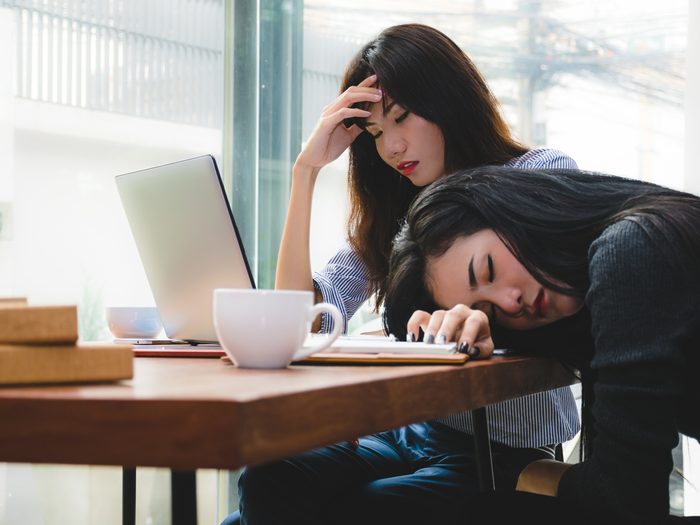
The science behind the post-lunch energy dip
Ever catch yourself stifling a yawn after lunch? Blame your body’s circadian rhythm, which controls when you sleep and wake up. There’s a natural lull in the rhythm that occurs around lunchtime and makes people prone to sleepiness. What’s more, digesting that chicken sandwich can add to the drowsiness. Blood sugar levels rise as you start processing your meal, but as those levels gradually fall (about an hour after you eat) so do energy levels. Here’s how to minimize post-lunch fatigue and boost energy in the afternoon.
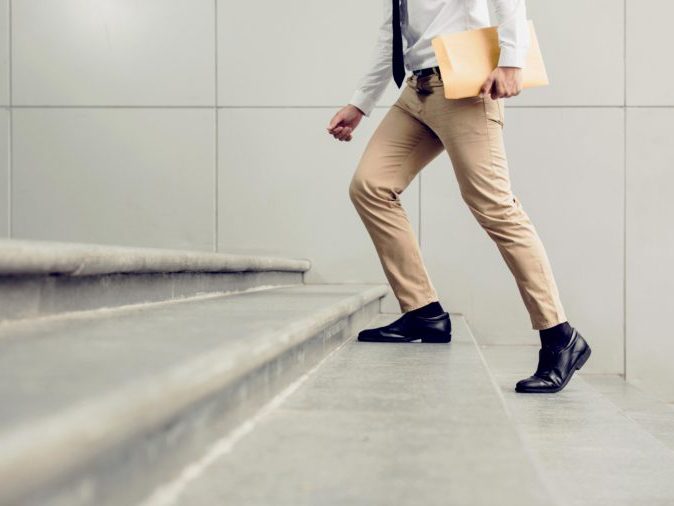
Get some exercise on your lunch hour
Physical activity improves blood flow, providing oxygen and nutrients to muscle tissue and naturally increases energy. Carl Bazil, MD, PhD, director of the Division of Epilepsy and Sleep at Columbia University, recommends exercising before afternoon drowsiness kicks in—stretch, take the stairs instead of the elevator, walk around your building.
Simply getting away from your desk can re-energize. In a 2013 study published in the Academy of Management Journal, University of Toronto researchers found that not taking a break during lunch can increase fatigue and unproductivity.

Park yourself in a park
Even better, take your exercise break by walking to a nearby park. A study from the Rotman Research Institute in Toronto showed that being in a park-like environment helped participants perform better on memory and attention tests. (They did not perform better when they walked down a busy street). Nature engages involuntary attention, where you can notice an object without thinking about it intensely. This lets the brain recover from direct attention, which requires active focus needed to work on a project or monitor car traffic when crossing the street. That’s why you feel more revitalized after sitting in a park than strolling around downtown. Nature helps your brain in several other ways, too.

Channel your animals
A study from the University of Missouri College of Veterinary Medicine showed that interacting with animals increases the hormone oxytocin, which inhibits stress hormones and makes us calmer and focused. Thinking about your pet triggers these same effects. Keep a picture of your pet on your desk and let thoughts of after-work cuddles motivate you through afternoon slumps. Or, hit up the Internet: Indiana University researcher, Jessica Gall Myrick, found that watching videos of cats increases energy and positive emotions.
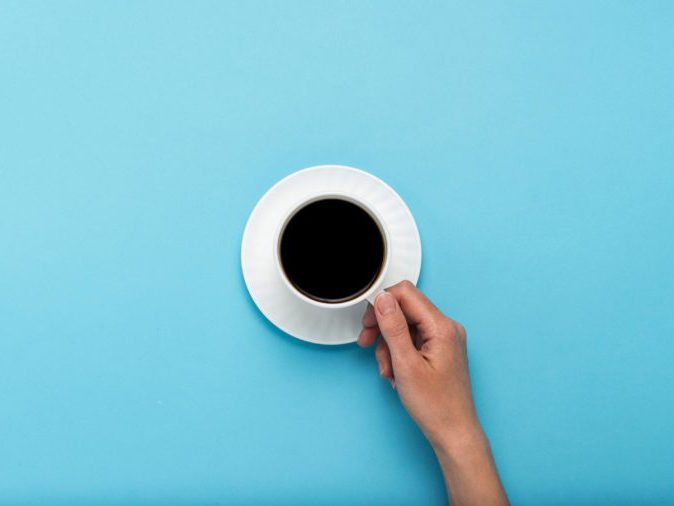
Time your coffee breaks
Coffee is a go-to energy booster, but don’t wait too long after lunch to drink it. Many people may think the caffeine is okay as long as you have it before dinnertime, but even mid-afternoon caffeine could linger in your body and affect your ability to fall asleep at night. That creates a vicious cycle that could leave you feeling tired the next afternoon, says Dr. Bazil. It takes most people three to five hours to get rid of half the caffeine they consume.
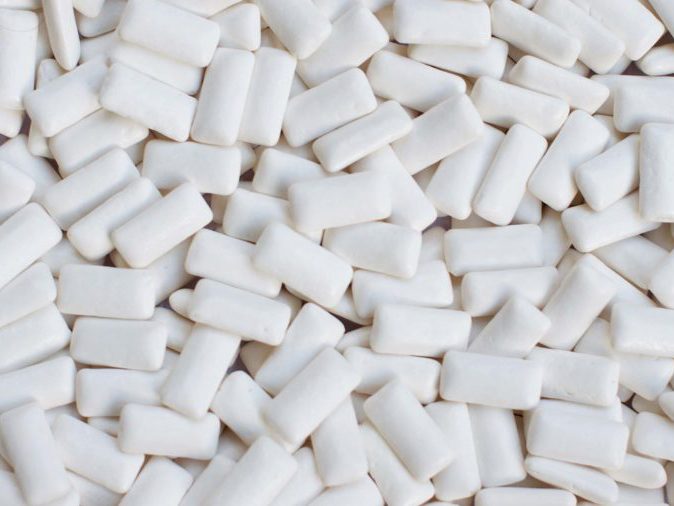
Chew on this
A study at St. Lawrence University found that students who chewed gum right before—but not during—a test performed better than those who did not chew gum, especially on portions that tested memory and recall. Don’t overdo it, though: Researchers found that chewing for longer than 15 to 20 minutes can actually decrease mental stimulation.
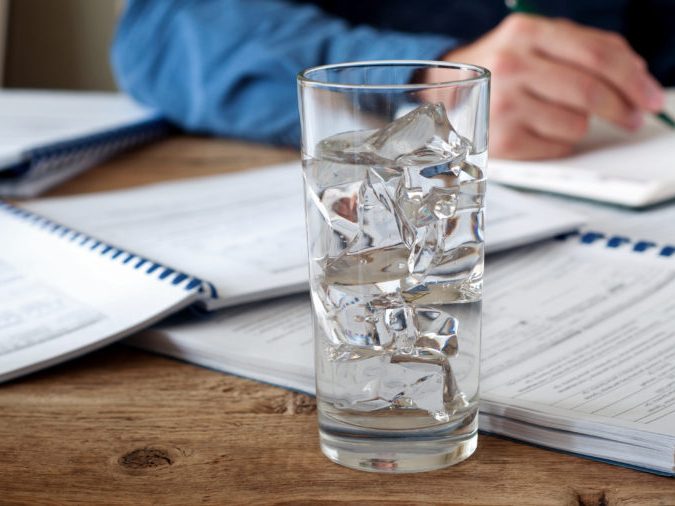
Befriend the water cooler
A Journal of Nutrition study found that being dehydrated can cause fatigue, low mood, and difficulty concentrating. Start your day with a big glass of water (you’re already dehydrated after going through the night without drinking) and keep sipping liquids throughout the day. Though no hard evidence backs up the “8 by 8” rule (drink eight 8-ounce glasses of water each day), it’s a good general guideline to follow, the Mayo Clinic says.

Tune in to your favourite tunes
Listening to music while you work can increase productivity. In a study conducted by Teresa Lesiuk, assistant professor at the University of Miami, 56 participants listened to music at work for three weeks. When they did not listen to music, their quality of work was lowest and they took longer to complete tasks. (Some supervisors may see headphones as a distraction, so double check your company’s music policy before hitting play).
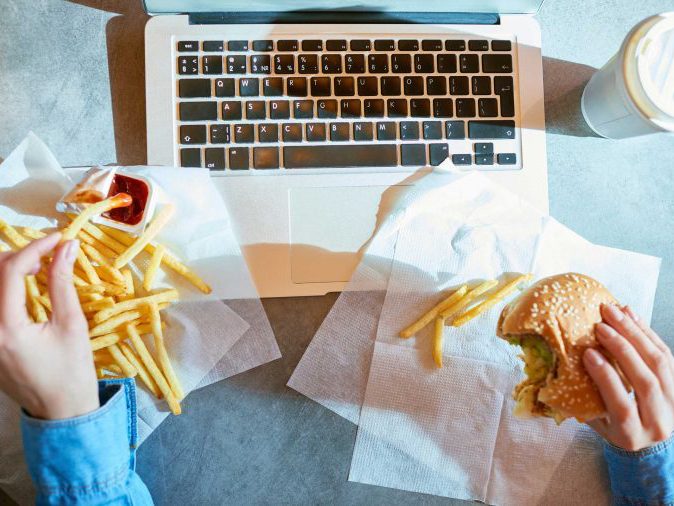
Slow down on fast food
The refined grains in processed foods—think a white-bread sandwich or bun—get digested quickly, which accelerates the blood sugar spike and dip that contributes to an energy slump. “You may feel more alert initially, but a quick drop in blood sugar will leave you sluggish,” says Alissa Rumsey, RD, spokesperson for the Academy of Nutrition and Dietetics. The most energizing meals include both protein (lean meat, fish, and eggs) and complex carbohydrates (whole grains and legumes). Leafy greens like kale and spinach provide iron, which may help decrease fatigue.
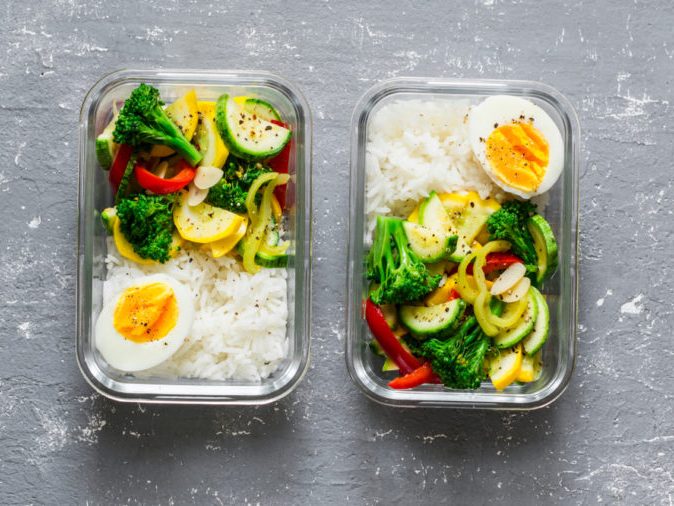
Think small
An over-sized meal slows down digestion and gives you that uncomfortable, bloated feeling. Use smaller containers when you bring lunch from home; filling them up can trick your mind into thinking you’re eating more than you actually are. If you dine out, have your waiter box up half of your meal before he brings it to the table. If your meal comes with a side of chips or fries, ask if you can substitute it for veggies or fruit—or not get one at all. And wait 20 minutes before grabbing a second helping. That’s how long it takes for your brain to signal to your stomach that you are full. These additional mind tricks might help you shrink your plate size.

Don’t skip lunch
You may default to delaying lunch when you’re swamped. But you should never go more than four or five hours without eating. “If your meals are more spread out, try to have some kind of snack that combines protein with complex carbohydrates,” Rumsey says. Think hummus and vegetables, whole-wheat toast with peanut butter, or Greek yogurt and fruit.
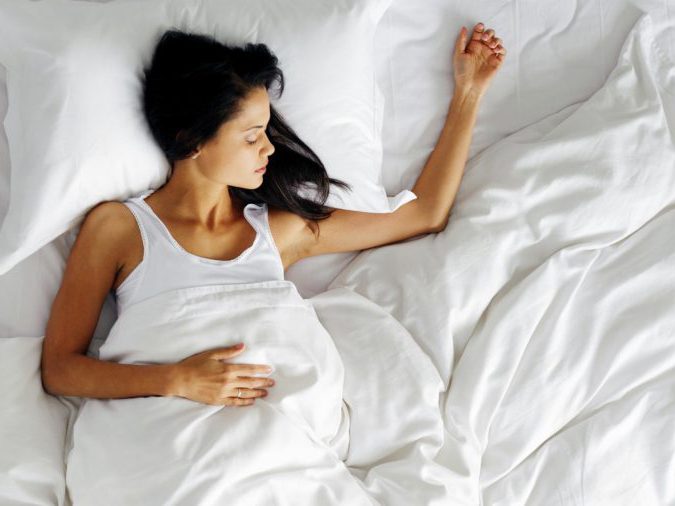
Finally, keep a sound sleep schedule
According to the Government of Canada, 1 in 2 adults have trouble staying asleep. That lack of sleep can make your circadian rhythm’s afternoon dip feel even stronger, according to Dr. Bazil. “You may be tired during the day and feel it even more intensely in the early afternoon,” he says.
Next, check out more guaranteed ways to boost your energy.
